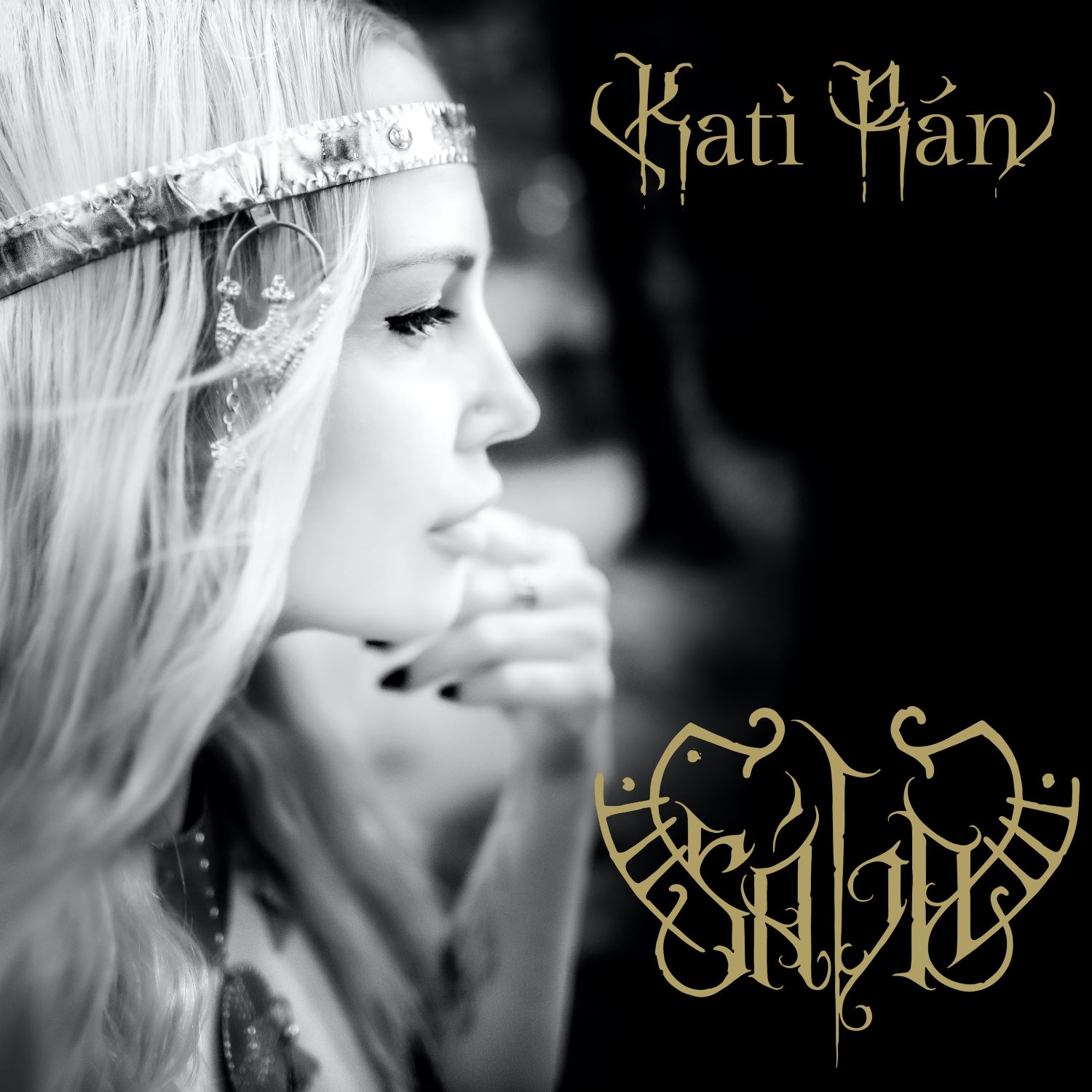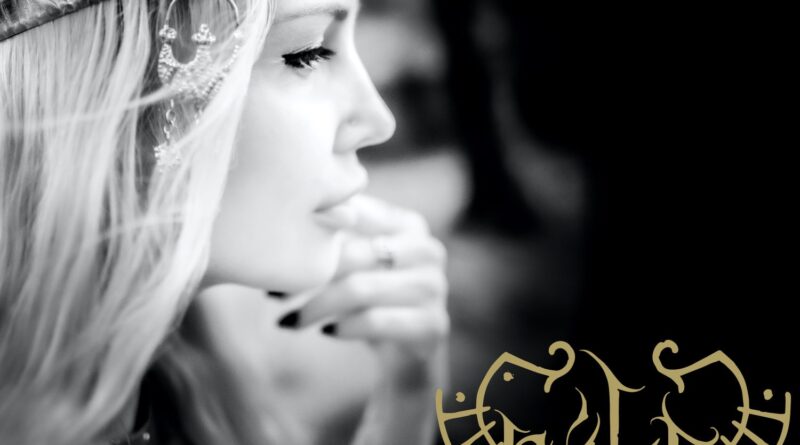ALBUM REVIEW: Sála – Kati Rán
The Nordic folk scene has changed since KATI RÁN released Lys back in 2015. The likes of HEILUNG, WARDRUNA, and EIVØR have found international success in the intervening years, playing to bigger crowds each time they come around. But Lys was a significant part of that initial groundswell, one of the scene’s key texts, and songs like Suurin – which featured Maria Franz and Kai Uwe Faust of HEILUNG – feel in hindsight like the first flickers of a genre that has since burned bright. Nine years on, Rán returns with her second album Sála. Front to back, it is a reaffirmation of her place at the centre of the genre’s canon, returning to reclaim her crown. In doing so, she may have made the definitive record of the Nordic folk scene in its current guise. Nine years well spent, then.
Although music taste is entirely subjective, it is particularly true when considering international artists who sing in their native tongue. No one outside of Iceland understood SIGUR RÓS when they sprouted out of the ground in the 90s, for example. After a few records, they made the choice to sing in a made-up language instead. It was an acknowledgement of sorts that what each individual listener brought to their music was more important than understanding the original lyrical intent. Their music is about what it makes you feel, just as Rán’s is for non-native speakers.
If listeners approach Sála with sincerity and a willingness to let it transport them, it is a most rewarding experience. In Rán’s voice and her compositions there is myth and legend, there is pain passed down through generations, and there is an assertion to be heard in amongst the noise of history. Unplugged instrumentation and tribal percussion connects us to ancestors, entering into conversations that have been playing out for centuries. Oceans can be felt in the way strings play rubato to mimic unpredictable waves, and drums summon the innately human act of ceremony.
The mythology is there for those looking to dig deeper too: Sála refers to the act of ‘soul retrieval’, a shamanic act of recovery from trauma. The record channels feminine perspectives of age-old tales which can be understood in the melodies and the rhythms, even if the language is unfamiliar.
Want something immediate? Segið Mér is a primal blast of folk pop, the closest thing here to a conventional song. It gets the blood pumping because its intensity comes from throats, hands and feet, rousing in ways digital distortion won’t ever be. Looking for something more epic? Try the 15-minute Blodbylgje that contains more movement and more spirit than entire careers, beginning with earthen sounds that give way to the disparate personalities of nature, before culminating in Rán’s voice over a pulsing beat that could go on forever.
There’s delicacy, like on Himinglæva, a ceremonial march of a song about a sort of heavenly transparency. It is as sublime as the subject matter suggests. There’s drama everywhere, like the chorus of voices on Stone Pillars’ climax, that means even at almost 80-minutes long, it is consistently attention-grabbing. There are guest musicians, including members of HEILUNG, SIGUR RÓS, Mitch Harris from NAPALM DEATH, and Gaahl, whose inclusion contribute to the record feeling collaborative and communal.
Sála is KATI RÁN’s magnum opus. It is a sizeable work of art within a movement that is still on an upswing and which, with this, has a new benchmark. It is hard to imagine ways in which it could be improved, as it is as vibrant as it is emotionally diverse, as grand in vision as it is full of what audiences want from a Nordic folk record in 2024. It is worthy of receptive listeners who long to connect with something that blends the natural world with our imaginations, and in doing so, comes ever closer to putting profound truths to music. It is peerless.
Rating: 10/10

Sála is set for release on May 24th via Svart Records.
Like KATI RÁN on Facebook.

